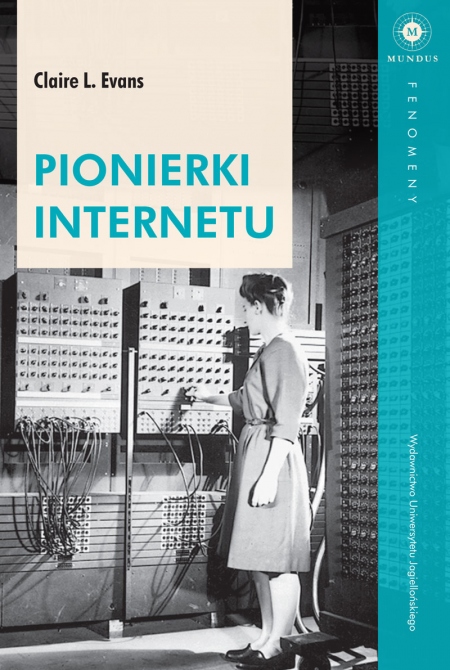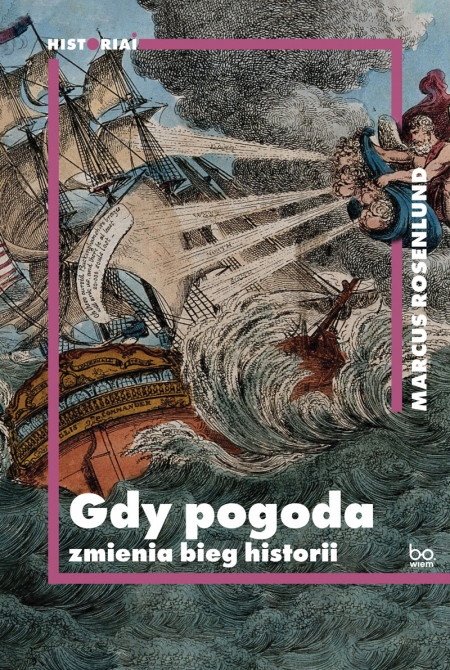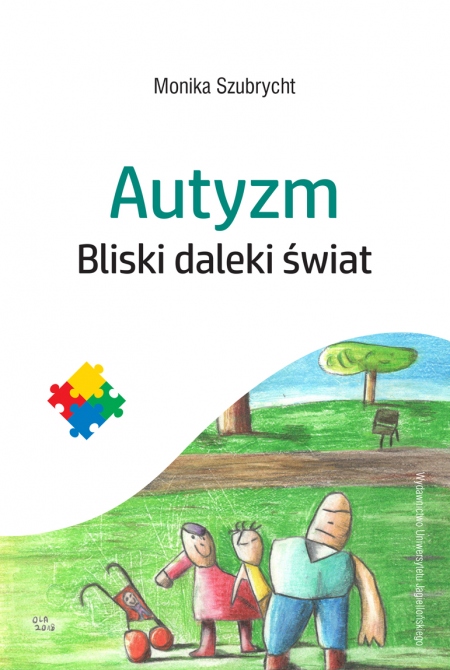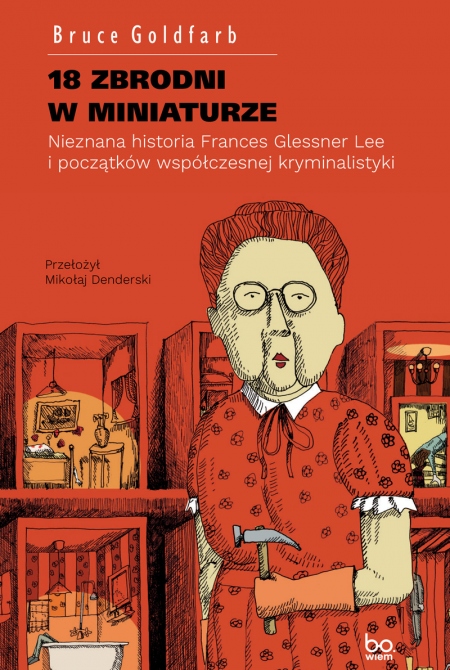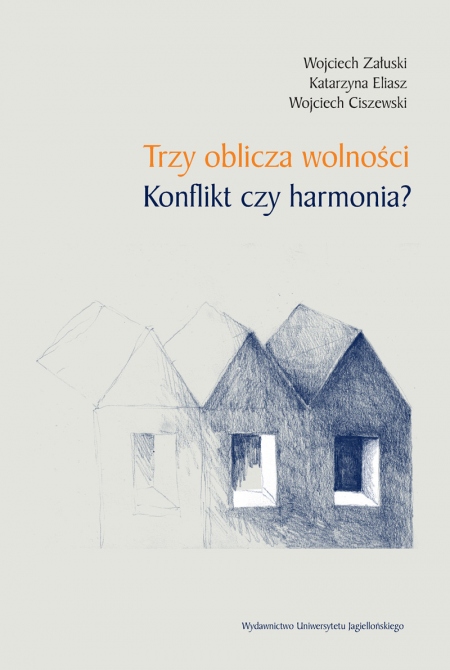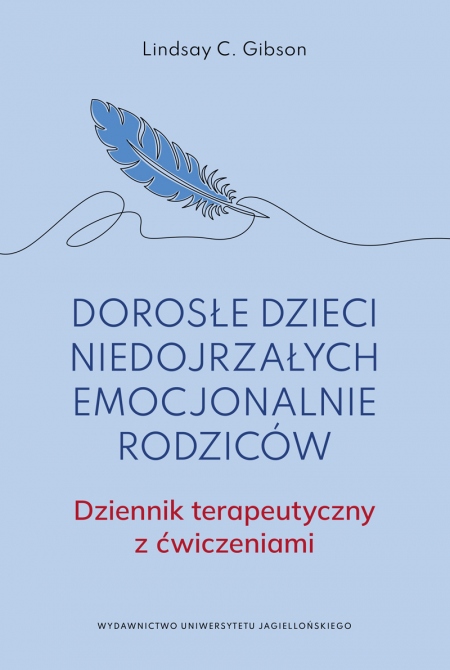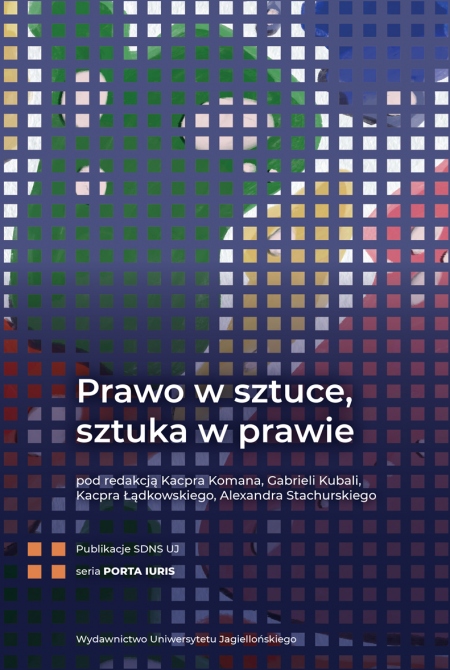Censorship of Literature in Post-War Poland
In Light of the Confidential Bulletins for Censors from 1945 to 1956
Book description
Censorship of Literature in Post-War Poland in the Light of Confidential Bulletins for Censors from 1945 to 1956, reconstructs and presents ways to censor literature (and, contextually, other fields of art) submitted for evaluation to the main censorship office in Poland during the first 11 years after WWII. The source material consists of confidential Bulletins – periodicals addressed to the officials of the censorship office.
Part One: In Search of a Definition: What Were the Confidential Bulletins for Censors? Characteristics of the Source Material presents basic information about the Bulletins – their goals, structure, and material presented in them. The analysis concludes with the definition of confidential Bulletins of the censorship office.
Part Two: Literature and Current Literary Phenomena Preconstructs the image of literary life presented in the Bulletins from 1945 to 1956. On numerous occasions, the Bulletins provided helpful guidelines in censorship practice. They discussed the job of dealing with literary texts and often gave examples of works published just a few months earlier or those that had not passed the scrutiny.
The author’s focus on a relatively neglected field of censorship research – the bulletins – and attempt to provide a systematic account of their role and nature marks the key innovative aspect of the work. I deeply appreciate and admire the colossal labour that the author has undertaken to produce the text, especially in the extremely difficult circumstances that we have had to endure these past two years.
Dr. John M. Bates, University of Glasgow
The reviewed publication will enable foreign readers to get an insight into how the system of control and repression operated in Poland during the Stalinist era. Furthermore, it will familiarize them with the history of Poland, including Polish literature of that period.
Prof. Kamila Kamińska-Chełminiak, University of Warsaw
Wiśniewska-Grabarczyk’s monograph is based on rich source material and is of great intellectual value. The publication of the book in English will further research on communist censorship in Central and Eastern Europe in the context of comparative analysis.
Prof. Sławomir Buryła, University of Warmia and Mazury in Olsztyn
Abour author
She is a laureate of the Polityka award and the University of Lodz Foundation Award for the best master’s thesis. She was also acknowledged by the committee of the Władysław Pobóg-Malinowski Competition for the Best History Début of the Year for her book Czytelnik ocenzurowany. Literatura w kryptotekstach – recenzjach cenzorskich okresu stalinizmu (na materiale GUKPPiW z 1950 roku) [Czytelnik Publishing Cooperative Censored. Literature in Cryptotexts – Censor Reviews from the Stalinist Era (based on the Main Office for the Control of the Press, Publications, and Public Performances Materials from 1959)]. In 2022, she was nominated for the Ministry of Science and Higher Education Award for her achievements in the academic field.
She is the main researcher in several national and international grants and a recipient of a scholarship from the Maurycy Mochnacki Foundation. She is a member of the Editorial Committee of the journal Acta Universitatis Lodziensis. Folia Litteraria Polonica, the Genetic and Documentary Research in Literature, the Polish Academy of Sciences, and a former member of the Polish Institute of Arts and Sciences of America (PIASA).
For her novel Porzeczkowy Józef [Currant Josef ] she was nominated for the Witold Gombrowicz Literary Prize. She is the author of the children's radio drama Spożywczy bigiel. Mrożące sok w listkach przygody Szpinaka Alberta [The Food Melting Pot. Juice-Freezing Adventures of Albert the Spinach] and children's book about censorship, entitled Marcelina Kolano ratuje książki, czyli o znikających stronach i książkobójcach z ulicy Mysiej [Marcelina Kolanko rescues books. On vanishing pages and book killers from Mysia Street].
RECOMMENDED BOOKS
NEW BOOKS
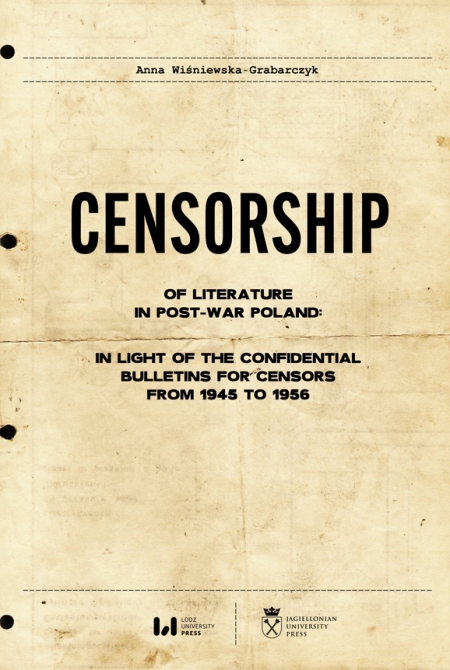
Censorship of Literature in Post-War Poland
In Light of the Confidential Bulletins for Censors from 1945 to 1956
Some Remarks about Censorship in Poland in the Years 1944–1990 11
Research Assumptions 13
State of the Art 17
Source Material 20
Rules for Presenting the Material 23
PART ONE. IN SEARCH OF A DEFINITION: WHAT WERE THE CONFIDENTIAL BULLETINS FOR CENSORS? CHARACTERISTICS OF THE SOURCE MATERIAL 25
1. The Purpose of Creating a Confidential Periodical for Censors 27
2. The Censor as the Co-Author of Bulletins for Censors 31
3. Characteristics of the Source Material and the Issue of the Bulletin’s Identity 43
4. The Bulletin for Censors as a Cryptotext. A Defi ion of the Genre 51
PART TWO. LITERATURE AND CURRENT LITERARY PHENOMENA 55
I. Fiction 57
1. The Censor’s Struggle with the Text. Some Preliminary Remarks 57
1.1. Literary and Cultural Issues on the Pages of the Bulletins 57
1.2. The Censorship of Fiction 60
1.3. The Specifics of Book Inspection 68
2. Competition for a Censorship Review of Wanda Wasilewska’s Novel Rzeki Płoną 73
3. Poetry 83
3.1. How to Review Poetry Selections? Ginczanka, Hollender, Słonimski, Ważyk, and an Unknown Red Army Man 83
3.2. An Evaluation of the Poetic Publications Printed by the “Czytelnik” Publishing Cooperative in 1951 100
3.3. On the Works of Kazimiera Iłłakowiczówna 110
3.4. On a Discussion of the Poem “Oskarżam” by Mikołaj Rostworowski 120
3.5. Other Poetic Works Discussed in the Bulletins: (Not Only) Norwid, Pasternak, Lenin, Mayakovsky, and Jasieński 127
4. Prose Works 131
4.1. How to Review Select Prose? Nałkowska, Borowski, and Bartelski 131
4.2. Books Selected for Discussion in Censorship Offices Between 1952 and 1956 146
4.2.1. Titles Selected for Discussion in Censorship Offices in 1952: (Not Only) Kuśmierek and Czeszko 149
4.2.2. Books Selected for Discussion in Censorship Offices in 1953 167
4.2.3. Books Selected for Discussion in Censorship Offices in 1954: (Not Only) Brzeziński, Kuśmierek, Kubalski, and Promiński 168
4.2.4. Books Selected for Discussion in Censorship Offices in 1955: (Not Only) Kowalewski, Dróżdż-Satanowska, Stadnicki, and Bednorz 175
4.2.5. Titles Selected for Discussion in Censorship Offices in 1956: (Not Only) Andrzejewski, Rudnicki, and Flaszen 184
4.3. Books Discussed as Part of the Series For a Higher Level of Work on the Book: (Not Only) Nałkowska, Czeszko, Lācis, Meisner, and Jackiewicz 192
4.4. Other Prose Works Discussed in the Bulletins: (Not Only) Sowińska, Koźniewski, Strumph-Wojtkiewicz, Gil, Zalewski, Bocheński, Bartelski, Dębnicki, Dobraczyński, and Żeromski 202
5. Dramatic Works 211
6. Satirical Works 217
7. Children’s and Young Adult Literature 231
8. Literature and Discussions of the “Thaw” 251
9. Censorship According to Publisher: (Not Only) “Czytelnik” 257
10. Literary and Cultural Issues in the Press 269
II. Non-fiction 277
1. Scientific and Popular Science Publications 277
1.1. Scientific and Popular Science Publications in the Humanities 278
1.1.1. Publications in the Field of Literature (and Culture) 278
1.2. Scientific Publications in the Social Sciences 282
1.3. Scientific and Popular Science Publications in Engineering and Technology 282
2. Periodic Reports on the Book Market 285
III. Other Topics Related to the Supervision of the Word 291
PART THREE. “CAMERA CENSORICA.” WHAT ELSE WAS DISCUSSED IN THE BULLETINS? 307
I. Other Problems Raised in the Bulletins 309
II. Before the Proper Summary, or… the Censor as an Artist: The Literary Work of the Functionaries of “Mysia Street and Its Environs” 325
SUMMARY 329
ACKNOWLEDGEMENTS 333
INDEX OF FIGURES AND TABLES 335
LIST OF ABBREVIATIONS 339
BIBLIOGRAPHY 341
Subject literature 341
List of Authors and Works Documented in the Bulletins for Censors from 1945–1956 (Selection) 342
List of the Bulletins for Censors and Biblioteczki Biuletynu Informacyjno-Instrukcyjnego GUKPPiW 347
Literary Texts, Journalism (Literary and Film Criticism, Interviews, etc.), Made Before 1945 350
Literary Texts, Journalism (Literary and Film Criticism, Interviews, etc.), Radio Programs and Films Made Between 1945–1956 350
Literary Texts, Journalism (Literary and Film Criticism, Interviews, etc.), Radio Programs and Films Made Between 1957–1990 355
Literary Texts, Journalism (Literary and Film Criticism, Interviews, etc.), Radio Programs and Films Made After 1990 356
Scholarly and Popular Science Texts 358
Other Archival Sources 370
Electronic Sources 371
Legal Acts 371
Author’s e-mail correspondence 372
Censorship of Literature in Post-War Poland
In Light of the Confidential Bulletins for Censors from 1945 to 1956
TABLE OF CONTENTS
Some Remarks about Censorship in Poland in the Years 1944–1990 11
Research Assumptions 13
State of the Art 17
Source Material 20
Rules for Presenting the Material 23
PART ONE. IN SEARCH OF A DEFINITION: WHAT WERE THE CONFIDENTIAL BULLETINS FOR CENSORS? CHARACTERISTICS OF THE SOURCE MATERIAL 25
1. The Purpose of Creating a Confidential Periodical for Censors 27
2. The Censor as the Co-Author of Bulletins for Censors 31
3. Characteristics of the Source Material and the Issue of the Bulletin’s Identity 43
4. The Bulletin for Censors as a Cryptotext. A Defi ion of the Genre 51
PART TWO. LITERATURE AND CURRENT LITERARY PHENOMENA 55
I. Fiction 57
1. The Censor’s Struggle with the Text. Some Preliminary Remarks 57
1.1. Literary and Cultural Issues on the Pages of the Bulletins 57
1.2. The Censorship of Fiction 60
1.3. The Specifics of Book Inspection 68
2. Competition for a Censorship Review of Wanda Wasilewska’s Novel Rzeki Płoną 73
3. Poetry 83
3.1. How to Review Poetry Selections? Ginczanka, Hollender, Słonimski, Ważyk, and an Unknown Red Army Man 83
3.2. An Evaluation of the Poetic Publications Printed by the “Czytelnik” Publishing Cooperative in 1951 100
3.3. On the Works of Kazimiera Iłłakowiczówna 110
3.4. On a Discussion of the Poem “Oskarżam” by Mikołaj Rostworowski 120
3.5. Other Poetic Works Discussed in the Bulletins: (Not Only) Norwid, Pasternak, Lenin, Mayakovsky, and Jasieński 127
4. Prose Works 131
4.1. How to Review Select Prose? Nałkowska, Borowski, and Bartelski 131
4.2. Books Selected for Discussion in Censorship Offices Between 1952 and 1956 146
4.2.1. Titles Selected for Discussion in Censorship Offices in 1952: (Not Only) Kuśmierek and Czeszko 149
4.2.2. Books Selected for Discussion in Censorship Offices in 1953 167
4.2.3. Books Selected for Discussion in Censorship Offices in 1954: (Not Only) Brzeziński, Kuśmierek, Kubalski, and Promiński 168
4.2.4. Books Selected for Discussion in Censorship Offices in 1955: (Not Only) Kowalewski, Dróżdż-Satanowska, Stadnicki, and Bednorz 175
4.2.5. Titles Selected for Discussion in Censorship Offices in 1956: (Not Only) Andrzejewski, Rudnicki, and Flaszen 184
4.3. Books Discussed as Part of the Series For a Higher Level of Work on the Book: (Not Only) Nałkowska, Czeszko, Lācis, Meisner, and Jackiewicz 192
4.4. Other Prose Works Discussed in the Bulletins: (Not Only) Sowińska, Koźniewski, Strumph-Wojtkiewicz, Gil, Zalewski, Bocheński, Bartelski, Dębnicki, Dobraczyński, and Żeromski 202
5. Dramatic Works 211
6. Satirical Works 217
7. Children’s and Young Adult Literature 231
8. Literature and Discussions of the “Thaw” 251
9. Censorship According to Publisher: (Not Only) “Czytelnik” 257
10. Literary and Cultural Issues in the Press 269
II. Non-fiction 277
1. Scientific and Popular Science Publications 277
1.1. Scientific and Popular Science Publications in the Humanities 278
1.1.1. Publications in the Field of Literature (and Culture) 278
1.2. Scientific Publications in the Social Sciences 282
1.3. Scientific and Popular Science Publications in Engineering and Technology 282
2. Periodic Reports on the Book Market 285
III. Other Topics Related to the Supervision of the Word 291
PART THREE. “CAMERA CENSORICA.” WHAT ELSE WAS DISCUSSED IN THE BULLETINS? 307
I. Other Problems Raised in the Bulletins 309
II. Before the Proper Summary, or… the Censor as an Artist: The Literary Work of the Functionaries of “Mysia Street and Its Environs” 325
SUMMARY 329
ACKNOWLEDGEMENTS 333
INDEX OF FIGURES AND TABLES 335
LIST OF ABBREVIATIONS 339
BIBLIOGRAPHY 341
Subject literature 341
List of Authors and Works Documented in the Bulletins for Censors from 1945–1956 (Selection) 342
List of the Bulletins for Censors and Biblioteczki Biuletynu Informacyjno-Instrukcyjnego GUKPPiW 347
Literary Texts, Journalism (Literary and Film Criticism, Interviews, etc.), Made Before 1945 350
Literary Texts, Journalism (Literary and Film Criticism, Interviews, etc.), Radio Programs and Films Made Between 1945–1956 350
Literary Texts, Journalism (Literary and Film Criticism, Interviews, etc.), Radio Programs and Films Made Between 1957–1990 355
Literary Texts, Journalism (Literary and Film Criticism, Interviews, etc.), Radio Programs and Films Made After 1990 356
Scholarly and Popular Science Texts 358
Other Archival Sources 370
Electronic Sources 371
Legal Acts 371
Author’s e-mail correspondence 372
Choose chapters to buy:
Order value:
0.00 zł

